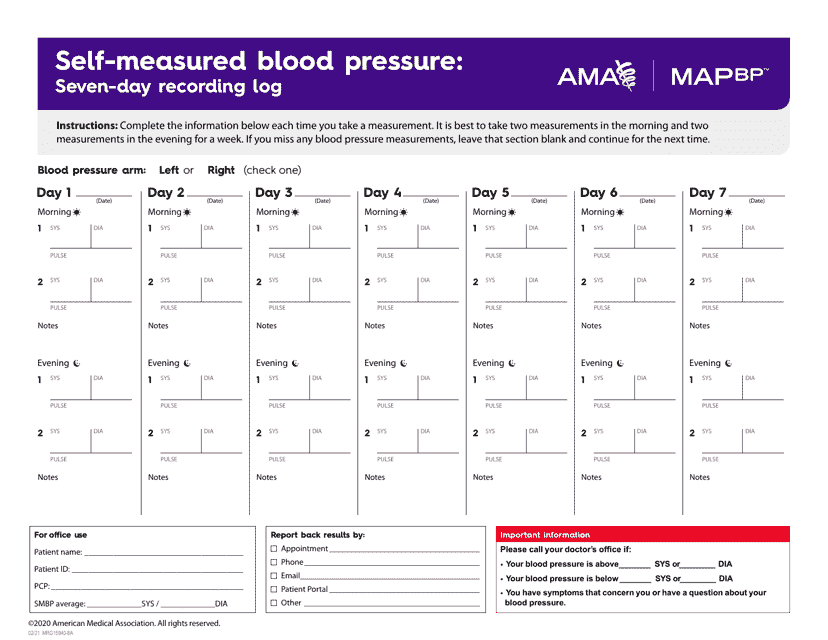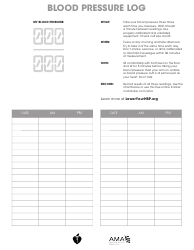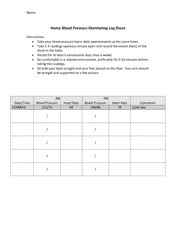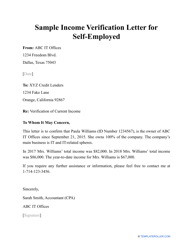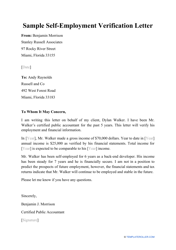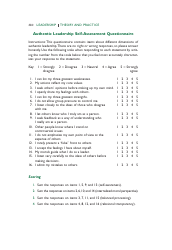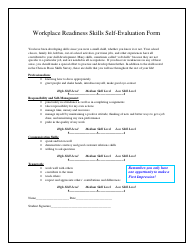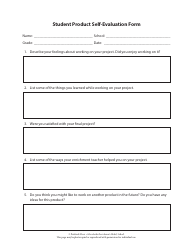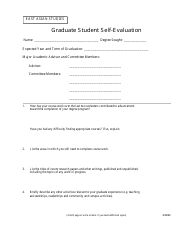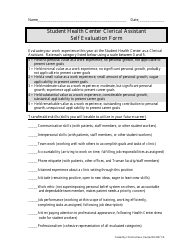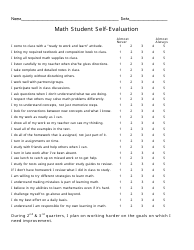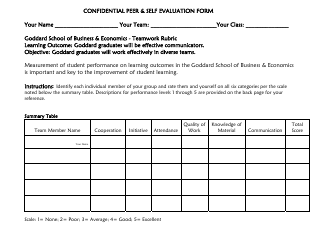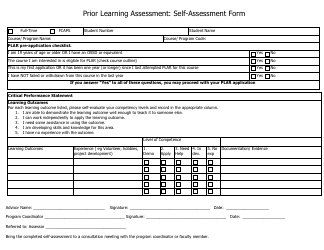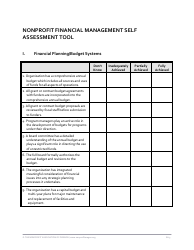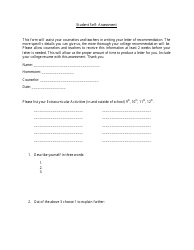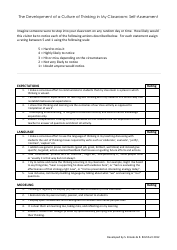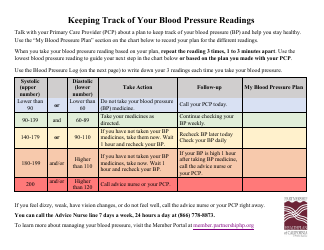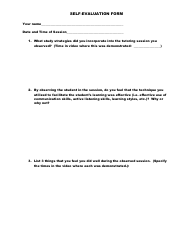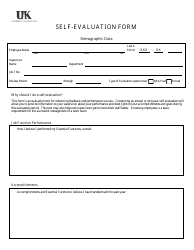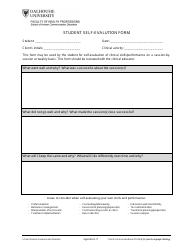Self-measured Blood Pressure Log - American Medical Association
The Self-measured Blood Pressure Log by the American Medical Association is used to help individuals track and monitor their blood pressure measurements over time. It allows people to record their blood pressure readings taken at home and share the information with their healthcare provider. This log can assist in managing and monitoring blood pressure levels for better health.
FAQ
Q: What is a self-measured blood pressure log?
A: A self-measured blood pressure log is a record that allows you to track your blood pressure readings at home.
Q: Why should I use a self-measured blood pressure log?
A: Using a self-measured blood pressure log can help you and your healthcare provider monitor your blood pressure over time and make informed decisions about your treatment.
Q: How often should I measure my blood pressure?
A: It is recommended to measure your blood pressure at least once in the morning and once in the evening, for a total of two readings per day.
Q: What should I do if my blood pressure readings are consistently high?
A: If your blood pressure readings are consistently high, it is important to follow up with your healthcare provider to discuss potential treatments and lifestyle changes.
Q: Can I use any blood pressure monitor with a self-measured blood pressure log?
A: It is recommended to use a validated home blood pressure monitor that has been tested for accuracy and approved by the American Medical Association.
Q: How long should I keep a self-measured blood pressure log?
A: It is recommended to keep a self-measured blood pressure log for at least two weeks, or as advised by your healthcare provider.
Q: How can I interpret my blood pressure readings on a self-measured blood pressure log?
A: Your healthcare provider can help you interpret your blood pressure readings and determine if they are within a healthy range.
Q: Can a self-measured blood pressure log replace regular visits to my healthcare provider?
A: No, a self-measured blood pressure log should not replace regular visits to your healthcare provider. It is important to discuss your blood pressure readings with your healthcare provider on a regular basis.
